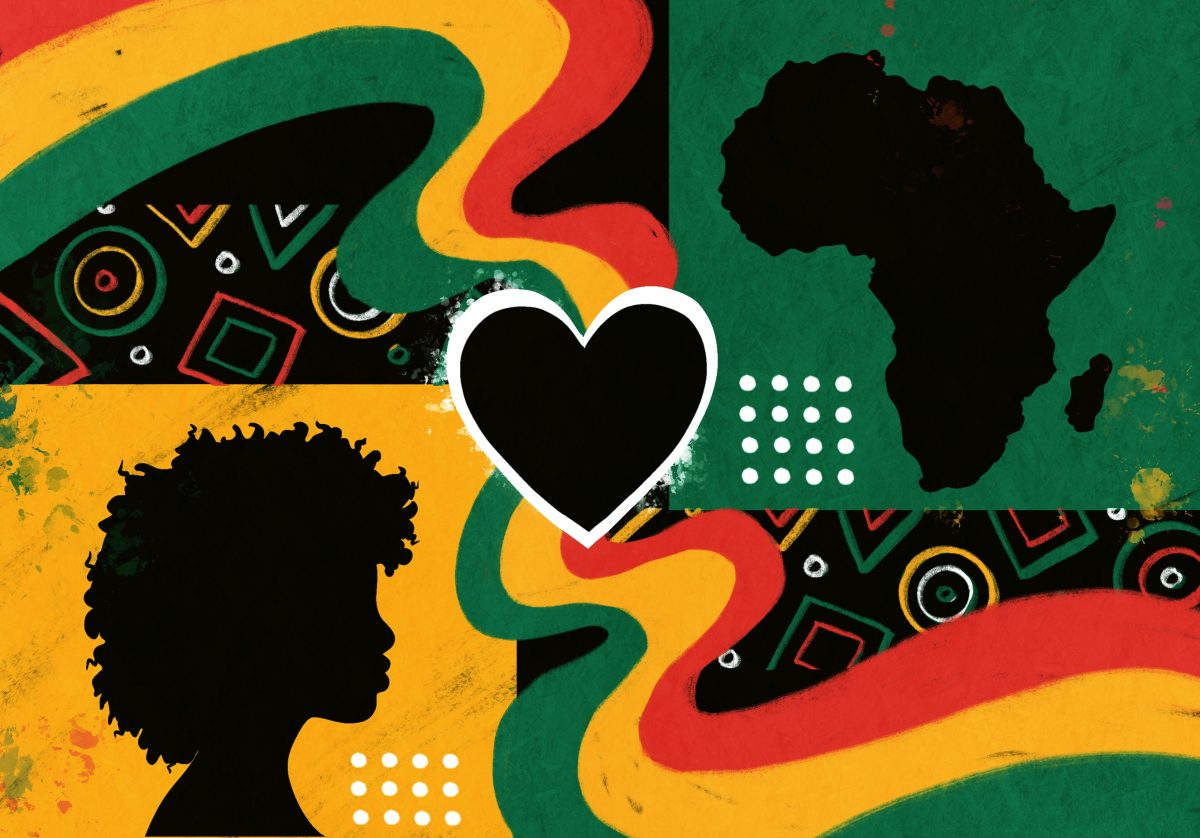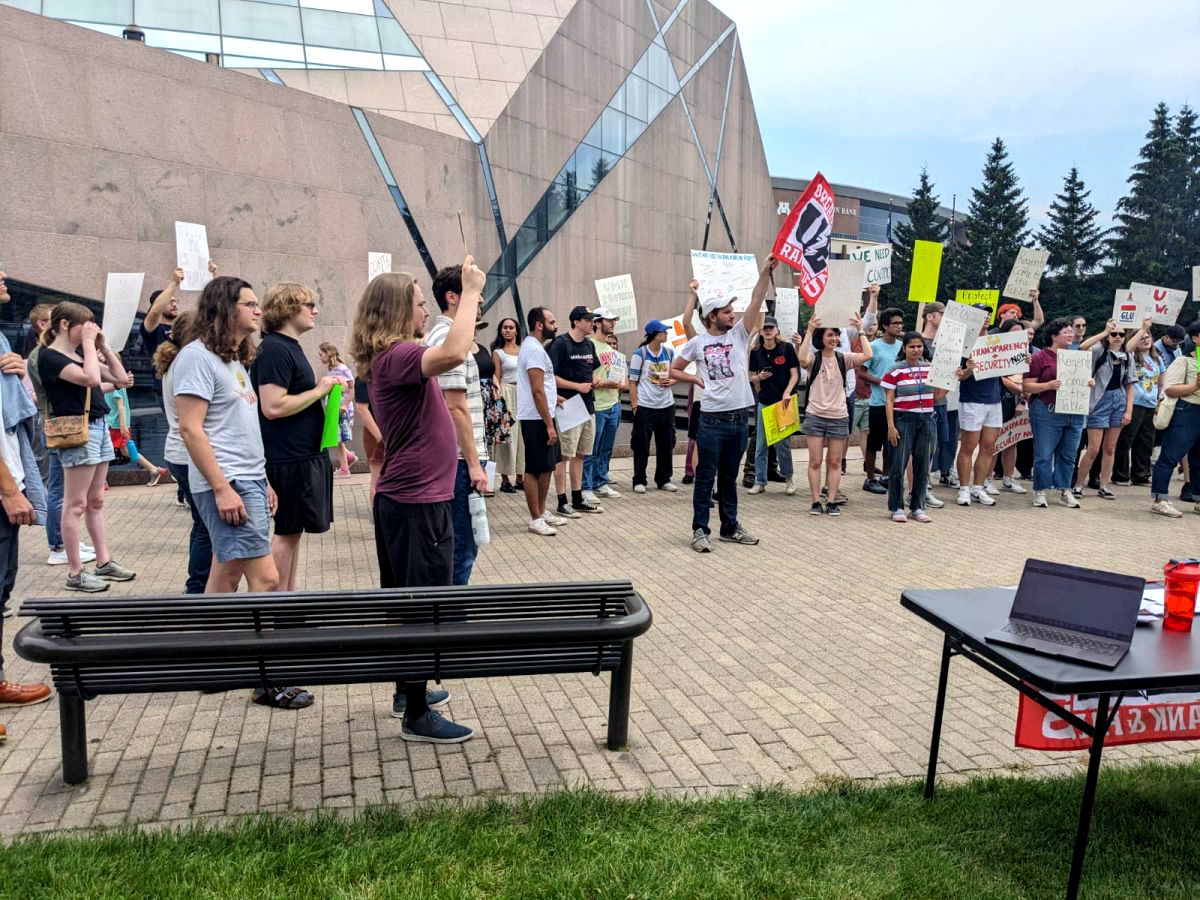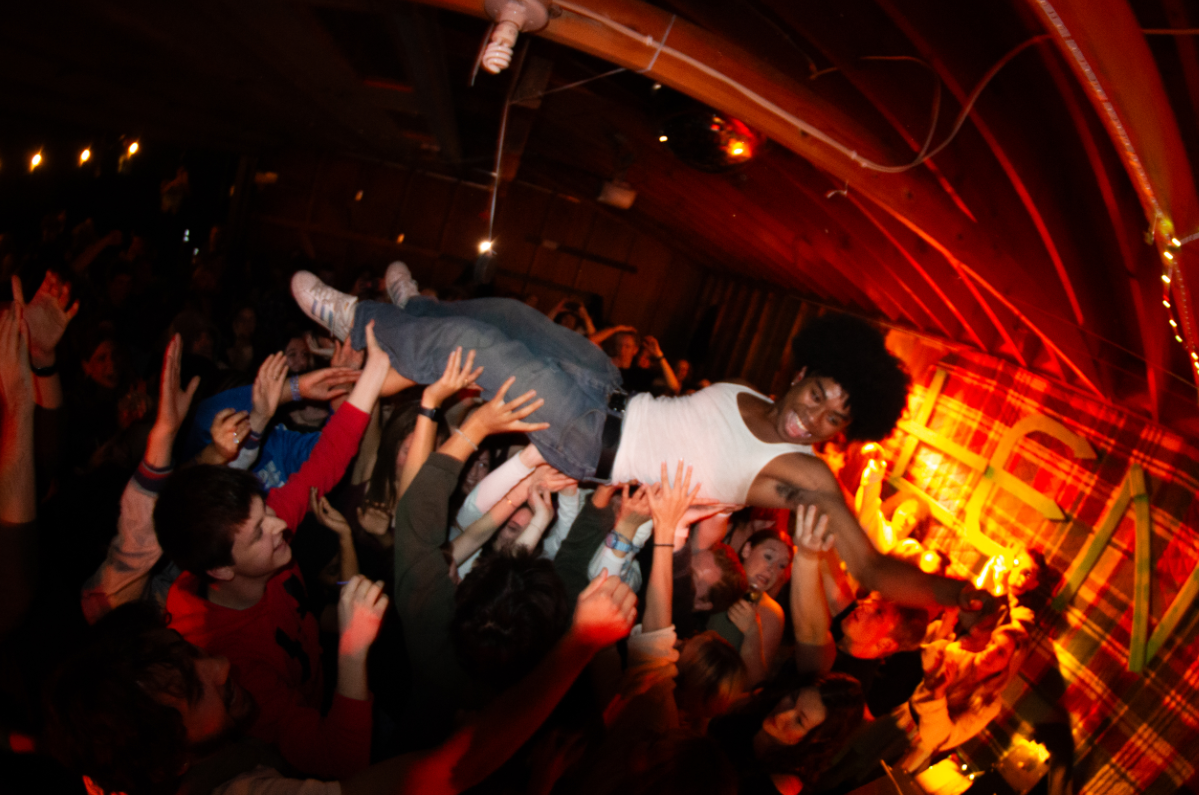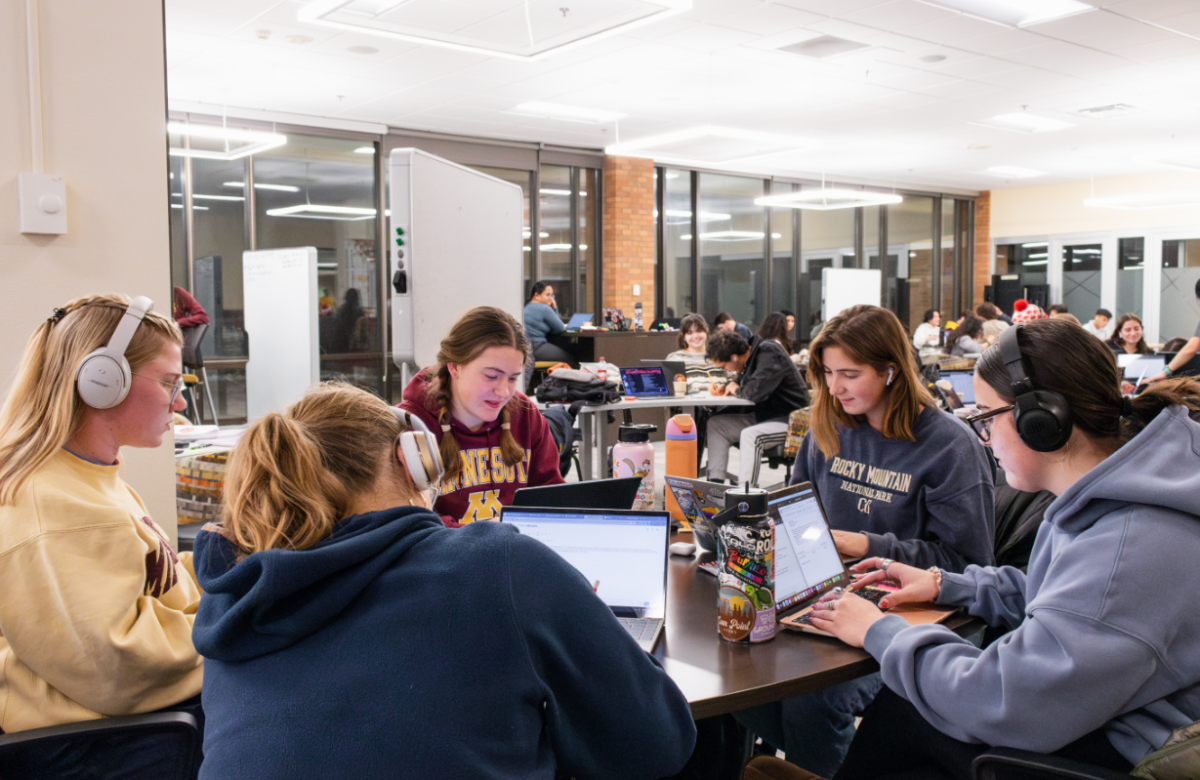Each year in February, the United States observes Black History Month, which aims to honor the contributions and recognize the sacrifices and history of African Americans.
President Gerald Ford first recognized February as Black History Month in 1976. It falls in February due to the birthdays of Abraham Lincoln and Frederick Douglass, who both made contributions to Black history by being leaders in the effort to end slavery.
Dawn York-Bentley, president of the Black Faculty and Staff Association (BFSA) at the University of Minnesota, has seen many changes at the University which provided resources to help Black students navigate college.
Some changes include the hirings of Angel Uddin, the director of the Equity, Diversity and Inclusion Office, and Mercedes Ramirez-Fernandez, the vice president of the Office of Equity and Diversity, York-Bentley said.
Another change includes the implementation of the University’s Martin Luther King program, which is an academic and advising program committed to social justice education, according to York-Bentley.
“If it weren’t for the African American Studies department, there would be a lot of things that I don’t think would be happening,” York-Bentley said. “There were resources, no matter what it was you needed, you could go to them and get that help, particularly as a person of color.”
York-Bentley, who graduated from the University with a degree in African American and African Studies, said she felt she belonged at the University because of the program’s existence.
She added she hopes to be a voice to other Black people by connecting with them about different topics.
“We want to help give you a guide to help navigate being in this system,” York-Bentley said. “[We want to] encourage you that as long as you have this as a foundation and an organization to connect with, you can make it in this institution.”
Black History Month is a time to celebrate Black culture and give other people an opportunity to learn more about the culture. It also gives people a chance to learn about Black people’s contributions to society and move away from a place of tolerance, according to York-Bentley.
She said the murder of George Floyd in 2020 shifted her tolerance of educating others about the historic treatment of Black people.
“It made me see myself more and made me want to be clear on who I am and what I’ve worked for,” York-Bentley said.
Nyanak Gatpan, a fourth-year health and wellbeing sciences student, said growing up in Albert Lea, Minnesota, a predominantly white city, made her feel uncomfortable in her own skin.
After spending her first year of college remote due to the COVID-19 pandemic, she moved to Minneapolis in 2021, where she noticed a change in how Black people are treated compared to her hometown.
“My family was one of the very few African families living there,” Gatpan said. “I noticed the reactions of people from my hometown about the protests and social justice initiatives and we were not met with openness and [people] were anti-Black.”
Gatpan, who is a first-generation college student, said the main reason she chose to attend the University is because of the large African community on campus.
“I wanted to make sure that I was able to be in a community where there’s people that have similar identities to me,” Gatpan said.
Gatpan said she utilizes the student organizations located on the second floor of Coffman Union as spaces to connect, such as the Black Student Union and the African Student Association.
To Gatpan, being a Black woman is a unique experience that cannot be described to someone else unless they feel it.
“I love being a Black woman because of the sisterhood,” Gatpan said. “No one has gotten me like a sister would. We’re supportive of one another, we build a community, we build a bond.”
Khalid Mohamed, a second-year journalism student, said being Black means finding a way even when things are difficult.
“You have to find the best from the worst, and in order to do that, you work extremely hard in order to reach a goal that people don’t have to work as hard for,” Mohamed said.
Another important part of being Black to Mohamed is being able to speak up about issues and injustices with no fear.
“This won’t end until we bring our voices out,” Mohamed said. “We’re not going to take it anymore. We’re gonna call it out for what it is and you’re going to listen to us.”
Growing up, Mohamed did not understand why injustices were happening. As he got older, he realized the importance of talking about Black injustices and began participating in protests.
“Being Black to me also means that you understand the struggles of everyone else,” Mohamed said. “When you see the oppression of other people, you stand in solidarity with that too.”
Mohamed said February is not the only time to learn about the history of Black people, but learning about Black history, which spans over thousands of years, can happen daily.
“It’s important for people to understand what is the history of Black people, why do Black people come together and try to resist in the face of adversity,” Mohamed said. “Black History Month is 365 days a year.”













